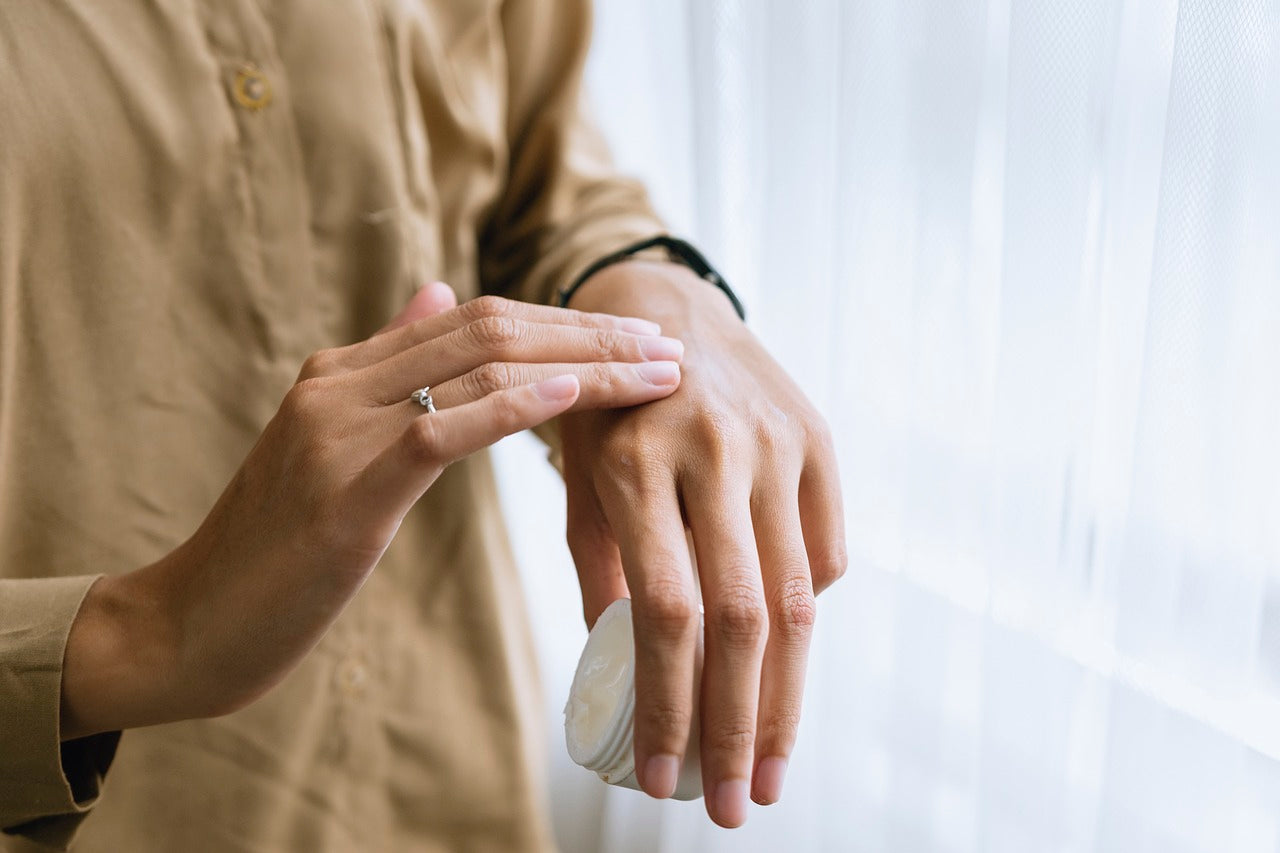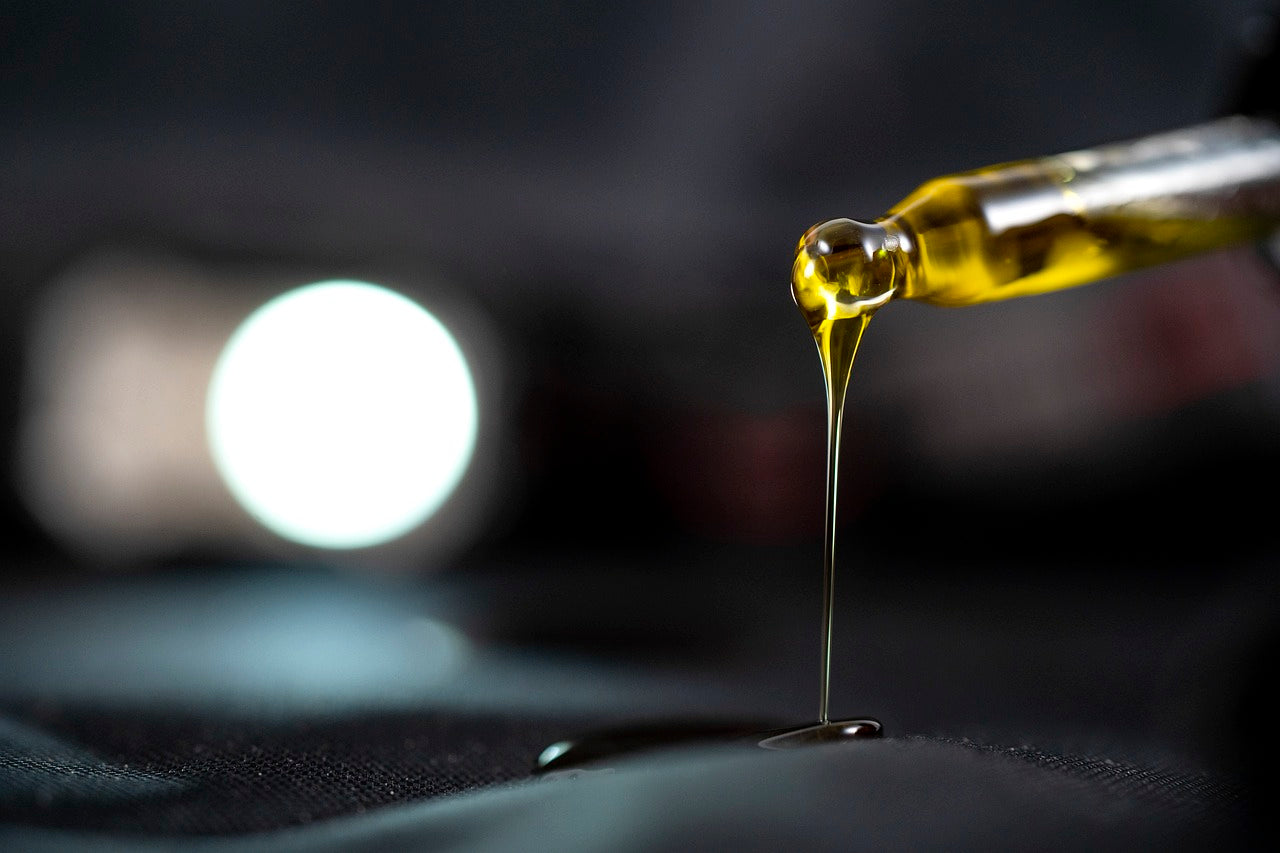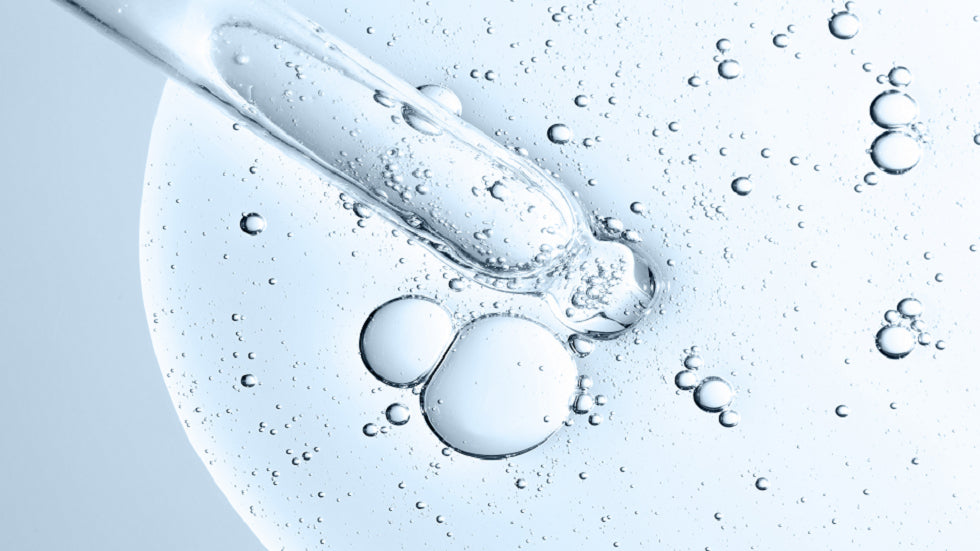The skin barrier is one of the biggest buzzwords in skincare these days. If you look at the market, you can see a growing range of skin barrier repair products, such as creams and serums.
But what is the skin barrier? Why is it important? How does it become weakened or damaged? How to repair the skin barrier if it becomes damaged?
In this blog, we answer all these questions and share the best skincare practices to keep your barrier healthy.
What Is The Skin Barrier?
To understand what the skin barrier means, let’s take a quick trip back to high school biology.
As you may remember, our skin is composed of three layers: the epidermis, dermis, and hypodermis. The epidermis – the top layer of the skin – has an outermost layer called stratum corneum (SC) that acts as a protective shield. This is our skin’s barrier.
This barrier consists of skin cells and lipids, such as fatty acids, ceramides, and cholesterol, which bind these cells together. It also contains filaggrin, a structural protein that helps produce Natural Moisturizing Factors (NMFs) to keep the skin hydrated and its pH balance intact.
Why Is Our Skin Barrier Important?
Our skin’s barrier does two jobs – keeps harmful things out and good things in. In other words, it is what keeps the structure, health, and integrity of our skin intact.
Think of it as a strong shield our skin has against external irritants, such as environmental stressors, pollutants, free radicals, and UV rays. It prevents all these harmful things from entering our skin.
At the same time, it also prevents a vital element from escaping our skin – water. Designed to prevent excessive water loss through evaporation, this barrier keeps our skin hydrated.
What Damages Our Skin Barrier?
A lot of things! Every day, our skin is exposed to several threats, many of which come from the environment, while some come from within. Factors that cause skin barrier damage include:
-
Harsh skincare products and chemicals
-
UV rays and excessive sun exposure
-
Poor skincare habits, such as over-exfoliation or over-cleansing
-
Toxins and pollutants from the environment
-
Extremely dry, hot, or cold climatic conditions
-
Lifestyle choices, such as smoking and a poor diet
-
Genetic factors
-
The natural aging process
-
Stress and lack of sleep
-
Certain conditions like psoriasis and eczema
Skin Barrier Damage – Symptoms And Signs
When your skin’s barrier is weakened, it cannot retain moisture effectively or fight against external threats. This leads to:
-
Dry, scaly, or flaky skin
-
Itchiness and irritation
-
Increased sensitivity and inflammation
-
Frequent breakouts and acne
-
Skin infections caused by bacteria, viruses, and fungi
How To Repair The Skin Barrier And Keep It Healthy
Strengthening a weakened barrier involves making changes to your skincare practices and lifestyle choices. Here are a few ways to do it:
Simplify your skincare routine
When it comes to healthy skin care practices, less is always more. As a first step, take a closer look at your skincare routine – are you using too many products? Are there any harsh ingredients or triggers that might be causing skin barrier damage?
If you have a complex or multi-step routine with dozens of products, talk to an expert. This will help you simplify and streamline your routine with ingredients and products that your skin truly needs.
Avoid over-exfoliation
Exfoliation is a key skincare practice that helps slough away dead skin cells and promote cellular turnover. However, when you exfoliate excessively or use harsh exfoliants, it can damage your skin’s natural barrier.
Look for exfoliators that don’t disrupt the barrier – instead of abrasive scrubs, choose gentle yet effective products. Likewise, when you introduce chemical exfoliants or retinoids to your skincare routine, do it gradually to avoid irritation.
Choose gentle cleansers
Our skin barrier has a slightly acidic pH level, somewhere around 4.5 to 5.5. This acidic environment helps prevent the growth of harmful bacteria and fungi and keeps the skin safe from infections.
However, using harsh cleansers strips the skin of essential lipids and NMFs and disrupts its pH balance. Make sure to use a mild, pH-balanced cleanser that does the job without compromising the health of the barrier.
Use formulations with ceramides
Ceramides are lipids naturally present in the outer layer of our skin – they make up about 50% of our skin’s lipids. These lipids play a vital role in maintaining the health and structural integrity of the skin barrier and promoting hydration.
However, the production of ceramides in our skin decreases over time. This weakens the barrier function and causes dryness and inflammation. Using a skin barrier repair cream or serum with ceramides can significantly improve the skin’s barrier function.
Include hydrating ingredients
Hydration is the key to maintaining a healthy barrier. Incorporating hydrating ingredients into your skincare routine will help replenish and strengthen a weakened barrier and improve its function.
Hyaluronic acid, glycerin, squalane, panthenol (Vitamin B5), AHAs like glycolic acid and lactic acid, and aloe vera are excellent hydrators. They attract and draw in moisture/ water and bind it into the skin’s barrier to boost hydration.
Using a skin barrier repair cream with hydrating ingredients, such as BodyTree’s Squalane Night Cream, helps improve the barrier function. It is formulated with over six skin-identical ingredients to deliver lasting hydration and protection to your skin.
Use plant oils and other barrier-repair ingredients
Incorporating plant oils and butters into your skincare routine is a great way to fortify your skin’s moisture barrier. These ingredients are natural occlusives – they form a protective layer on your skin to lock in moisture and prevent water loss.
Jojoba oil, coconut oil, olive oil, shea butter, almond oil, and rosehip oil are among the best occlusive moisturizers. If you are looking for skin barrier repair products with these ingredients, consider using BodyTree’s Virgin Coconut Oil Moisturizer, Hemp and Jojoba Body Butter, or Rose Body Oil.
In addition to these, there are other barrier-strengthening ingredients you could use. Niacinamide, allantoin, colloidal oatmeal, probiotics, cholesterol, and peptides are some such ingredients to support and nourish the barrier.
Use sunscreens with SPF 30 or above
Sun damage from UV rays is one of the biggest threats to the natural moisture barrier of our skin. To prevent this, make sunscreen a non-negotiable part of your daily skincare routine.
Choose a broad-spectrum sunscreen with an SPF of 30 or higher to shield your skin from sun damage.
Nourish with antioxidants
Make sure that the skin barrier repair cream or moisturizer you choose is rich in antioxidants. They protect your skin from the damage caused by UV rays, free radicals, and other environmental aggressors.
Products containing Vitamin E, Vitamin C, niacinamide, botanical extracts, squalane, rosehip oil, sea buckthorn oil, green tea extract, jojoba oil, and argan oil are great choices when you want to enjoy the regenerating and protecting benefits of antioxidants.
Pay attention to your diet and lifestyle
Skin barrier strengthening is not just about topical applications – your lifestyle and diet choices also play a major role in keeping your barrier healthy and hydrated.
Make sure that you get quality sleep for at least eight hours, engage in activities that relieve stress, drink plenty of water, and follow a balanced diet rich in nutrients to nourish your skin from the inside out.
Final Thoughts
Maintaining a healthy skin barrier requires consistency and care. While choosing products, go for multi-action formulas that contain one or more skin barrier repair ingredients rather than complicating your routine with multiple products or steps.
Remember, gentle and steady goes a long way!
FAQs
How long does it take to heal the skin’s barrier?
It depends on the extent of the damage. If you use the right products consistently, it can take a few weeks to three or four months to fortify the skin’s moisture barrier.
Which is the best skin barrier repair cream?
The best skin barrier repair cream is one that contains the right ingredients to hydrate, fortify, and replenish the barrier. For instance, BodyTree’s Squalane Night Cream contains hyaluronic acid, olive squalane, peptides, glycerin, AHAs, and aloe vera, all with properties to restore a damaged skin barrier.
Which are the best skin barrier repair ingredients?
Hyaluronic acid, ceramides, glycerin, panthenol (Vitamin B5), AHAs like lactic acid, squalane, aloe vera, plant oils, and niacinamide are among the commonly used skin barrier repair ingredients.



